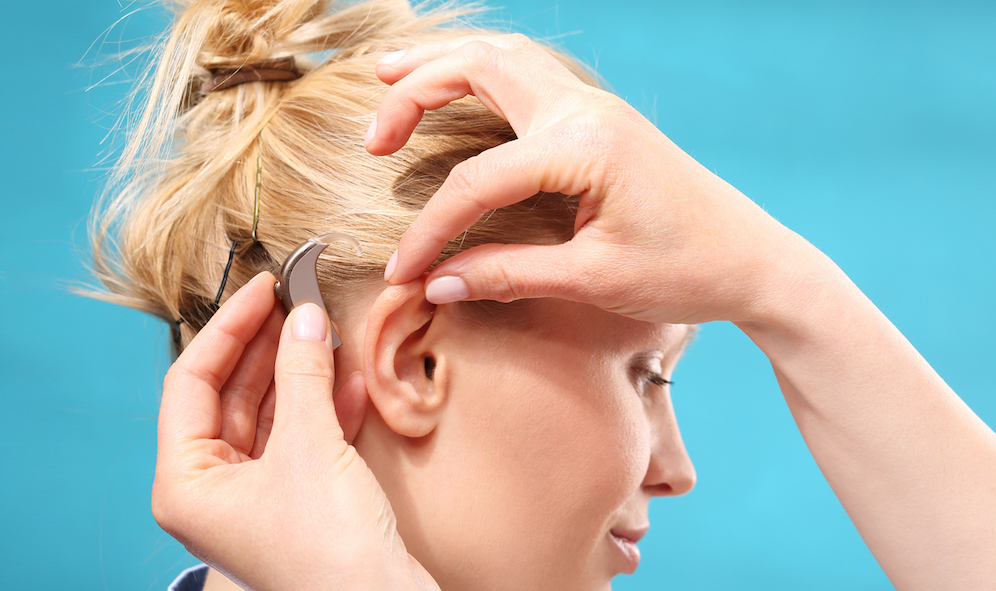When to Seek Professional Help for Your Hearing Aid Repairs
When experiencing hearing loss, your hearing health professional may


When experiencing hearing loss, your hearing health professional may

If you are going to attending a hearing aid fitting appointment soon, then

Hearing instrument specialists (HIS) have expertise in advising and